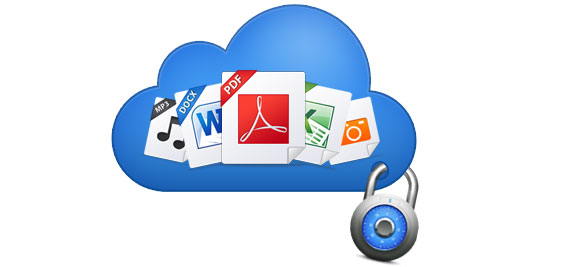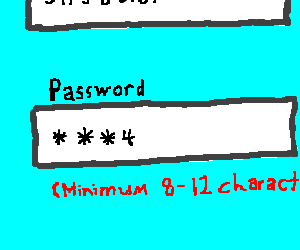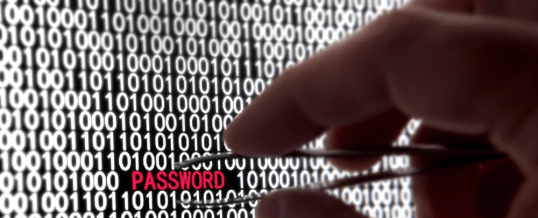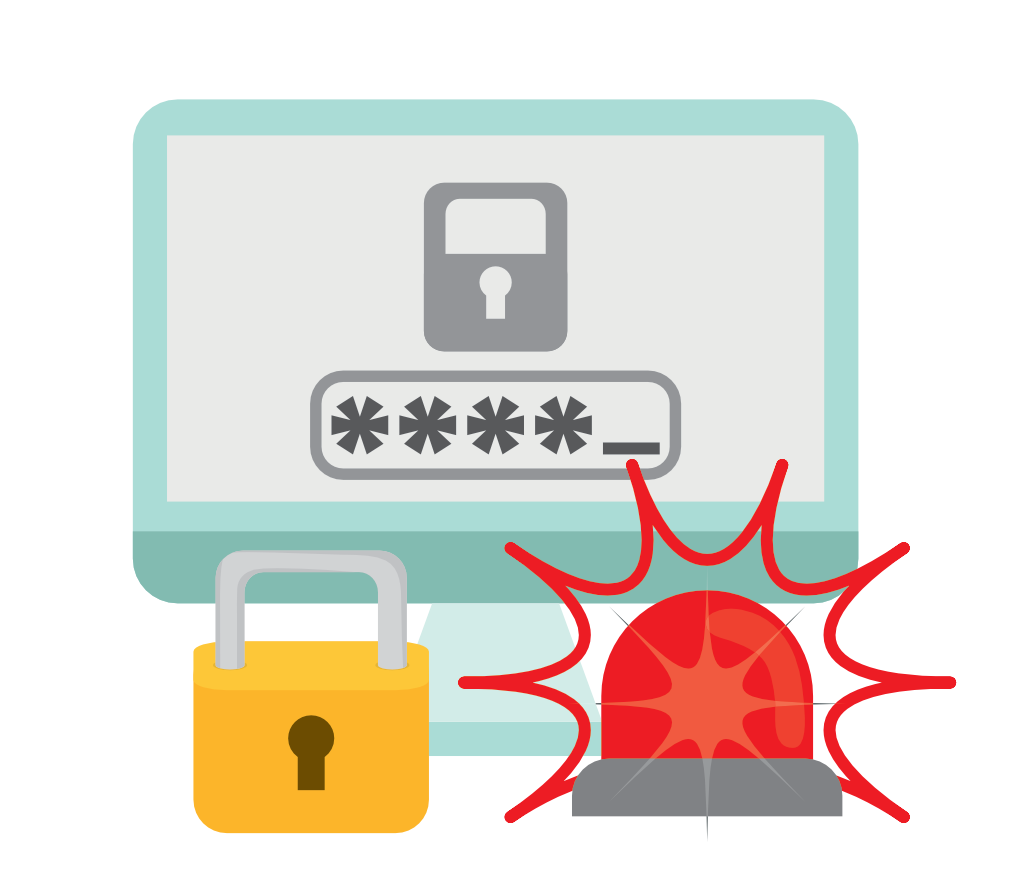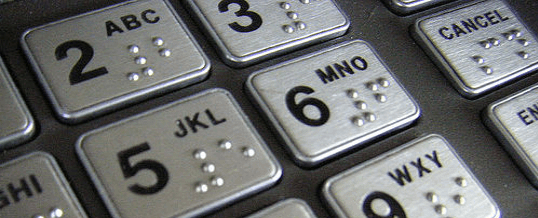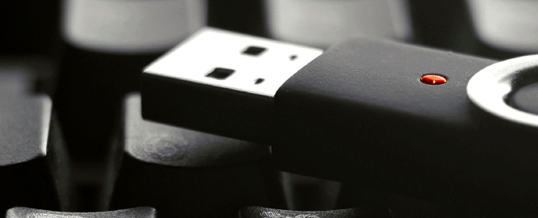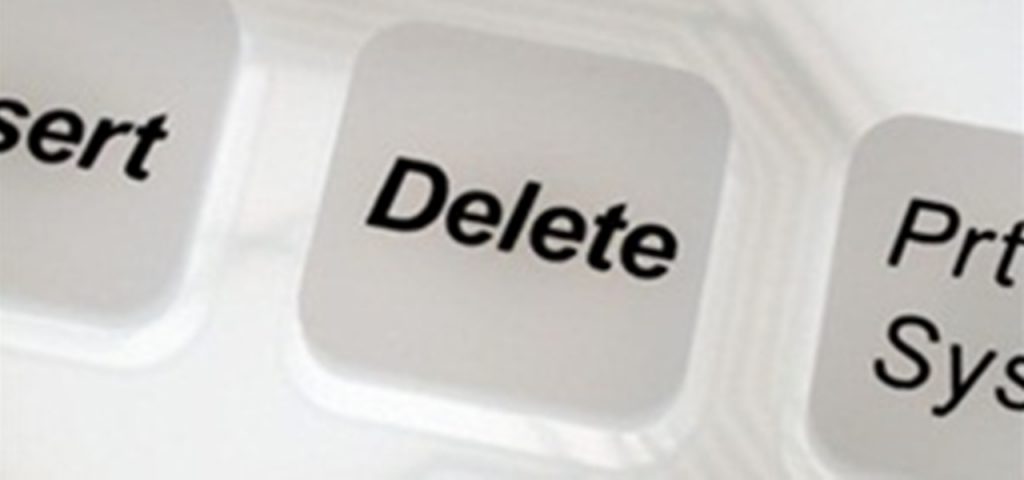Every day we keep store more and more files on our computers. Most of them are only useful for a certain period of time, whereas other sensitive files are so important or valuable that we want to keep them forever. A sensitive file exposure vulnerability is a situation where a file that is supposed to be private is accessible to the outside world via your web. This time we come up with a few simple and easy to follow steps on how to protect sensitive files on your computer.
Unauthorised access to the information on your computer or portable storage devices can be carried out remotely, if the ‘intruder’ is able to read or modify your data over the Internet; or physically, if he manages to get hold of your hardware.
You can protect yourself against either type of threat by improving the physical and network security of your data. It is always best to have several layers of defence, however, which is why you should also protect the files themselves. That way, your sensitive information is likely to remain safe even if your other security efforts prove inadequate.
Here are a few tips that will help,
Take regular backups
Often said, but just as often neglected. Take regular backups! These days almost everybody has at least one external hard disk lying around, there are good easy-to-use backup utilities available and there are several online backup services around. There is no excuse to keep neglecting backing up your important files.
Use file recovery software
Save your files from accidental deletions and hard disk crashes by installing file recovery software. When you want to recover deleted files, it is all about doing this as soon as possible while using your computer as little as possible. Having file recovery software installed will save you a lot of unnecessary stress and is the best guarantee that you’ll quickly recover lost or deleted files.
Use a file shredder to permanently delete files
Did you pass on your old computer or SD card to your little nephew? Did you sell your smartphone on eBay? Simply formatting your hard disk or SD card will not delete files permanently. They will be easily recoverably with file recovery software. If you can use file recovery software to recover files, so can everybody else. Use a file shredder utility to permanently delete files you don’t want others to find.
Password-protect your private files
Do you share your computer? Even when every user has their own user account, it is still possible to access files from another user account. If you share your home or office computer, you might want to consider password-protecting your private files. You can even password-protect whole directories. Just make sure you don’t lose your password. Trust me, it’s a good idea to take the storage of your important and private files seriously.
Following these four simple tips will prevent you from losing your important files and make sure your private files stay private.

